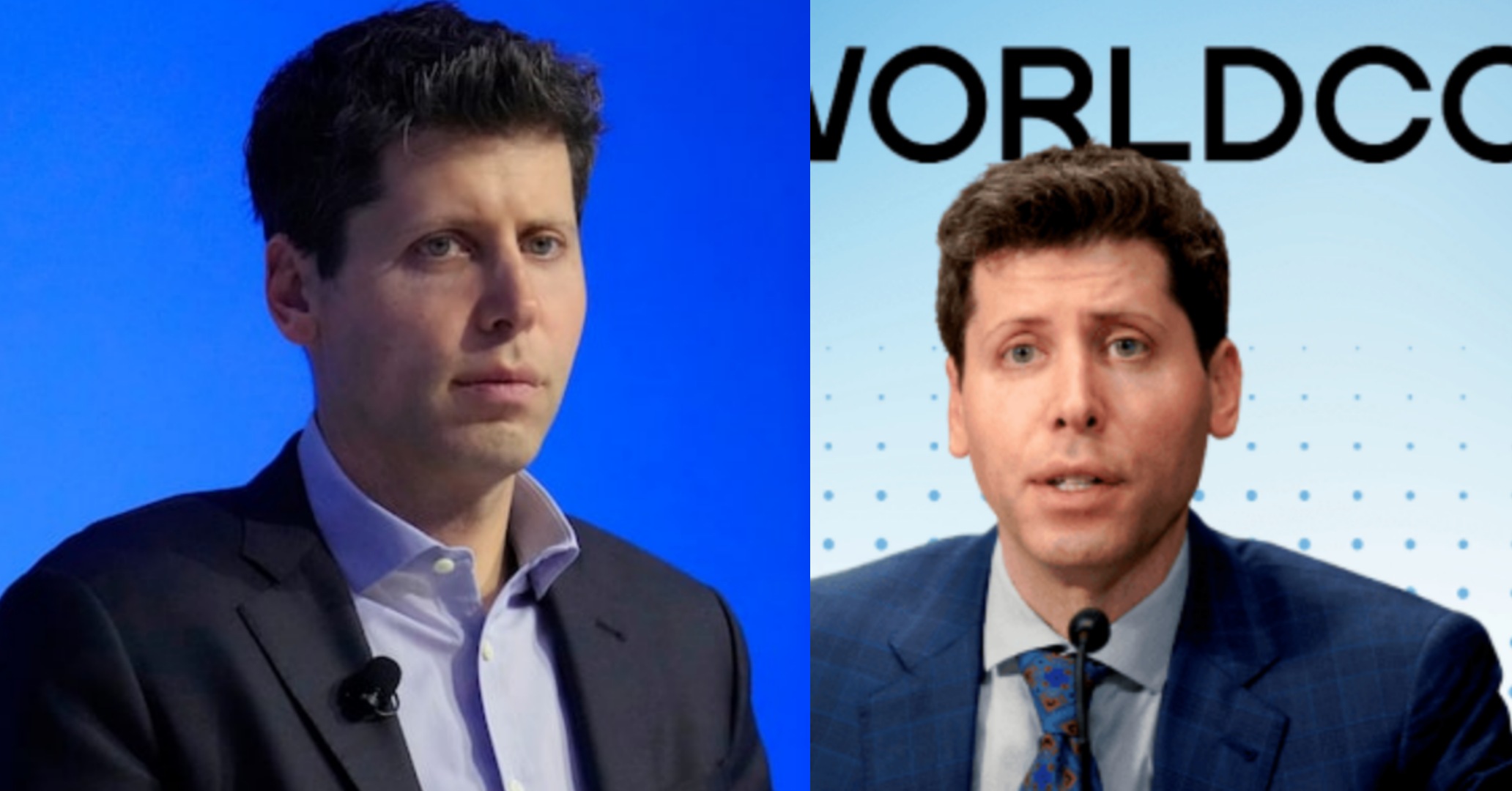
The Worldcoin project, which saw a surge of interest followed by a period of quiet in August this year, is back in the spotlight with strong backing from OpenAI CEO Sam Altman. In a recent interview, Altman expressed admiration for the Worldcoin initiative, a web3 project he conceived. The primary objective of this venture is to establish a global identity for individuals on the blockchain, differentiating them from artificial intelligence and robots.
During discussions with investment bank FT Partners, Altman underscored the growing significance of distinguishing humans in a world saturated with AI, stating, “in a world with a lot of AI, knowing who is human matters more and more.”
Altman’s endorsement coincides with reports that Worldcoin’s parent company, Tools for Humanity, is actively seeking funding of at least $50 million (approximately Rs. 415 crore). To achieve this, the company is offering Worldcoin’s native WLD tokens at discounted rates.
However, the Worldcoin project encountered obstacles as several countries, including Kenya, Germany, and the UK, initiated inquiries into its operations. Particularly in Kenya, law enforcement seized Worldcoin’s records and Orb machines, prompting an investigation by the Directorate of Criminal Investigations headquarters. The scrutiny over the requirement for individuals to register their iris scans also contributed to a potential slowdown in project funding.
In a Series C funding round earlier this year in May, investment firms like Blockchain Capital, a16z crypto, and Bain Capital Crypto injected $115 million (roughly Rs. 955 crore) into Worldcoin.
Despite a quieter period since August, Altman’s recent endorsement has thrust the project back into the limelight. He reiterated the belief that as AI becomes more integral to daily life, the ability to identify unique humans will become increasingly significant.
Based in San Francisco, US, Worldcoin aims to assign ‘World IDs’ to the global population. With this ‘international proof of personhood,’ the project envisions that individuals will no longer need to disclose personal details like names, numbers, and email addresses to connect with websites.
